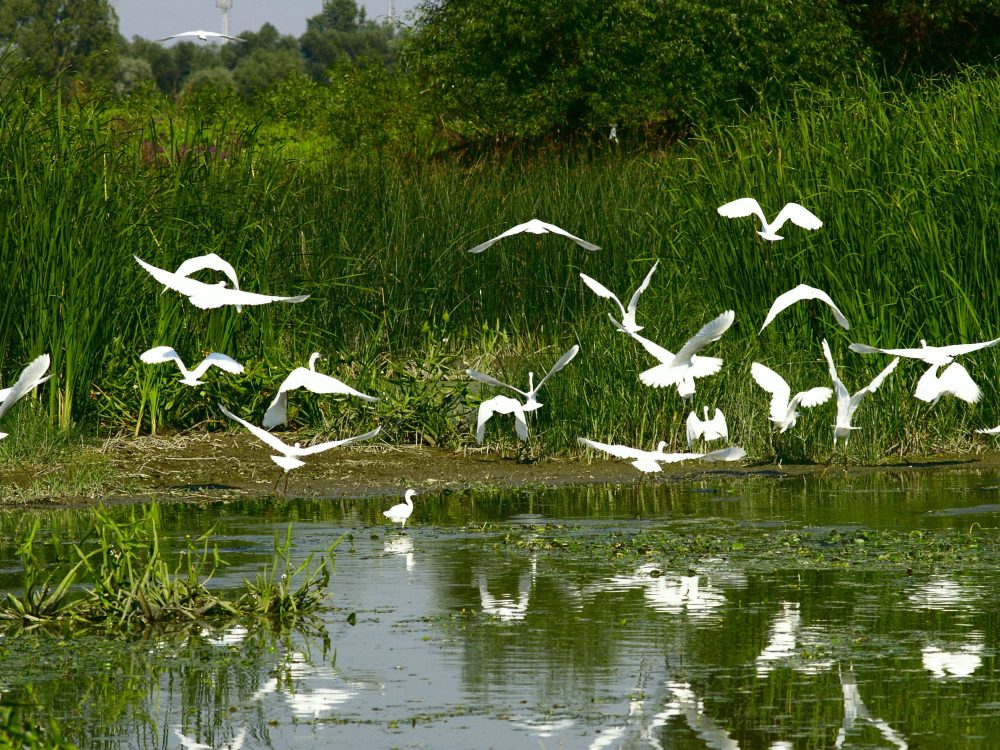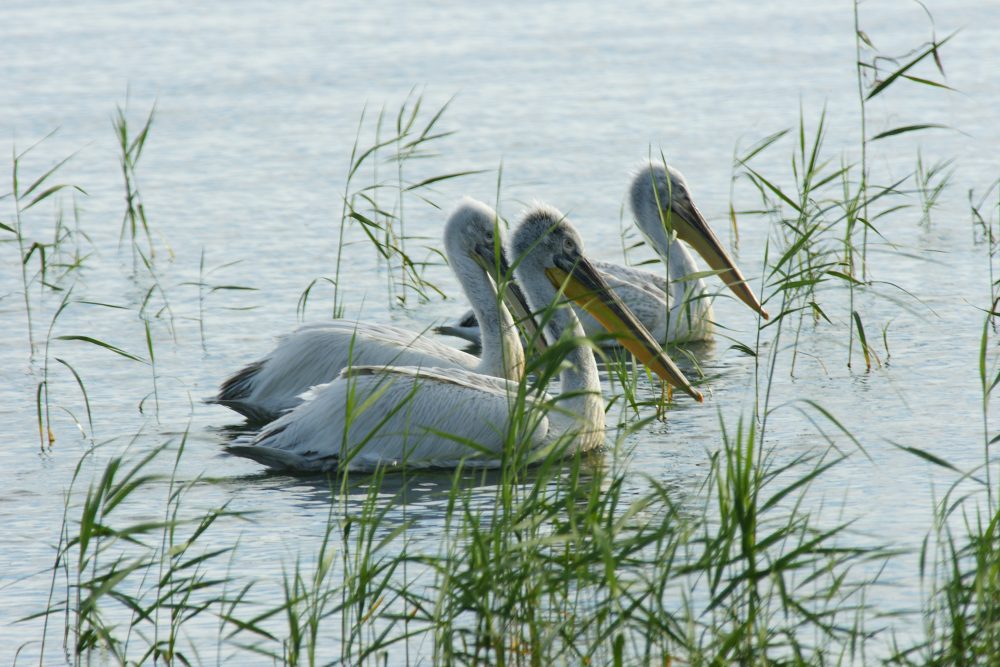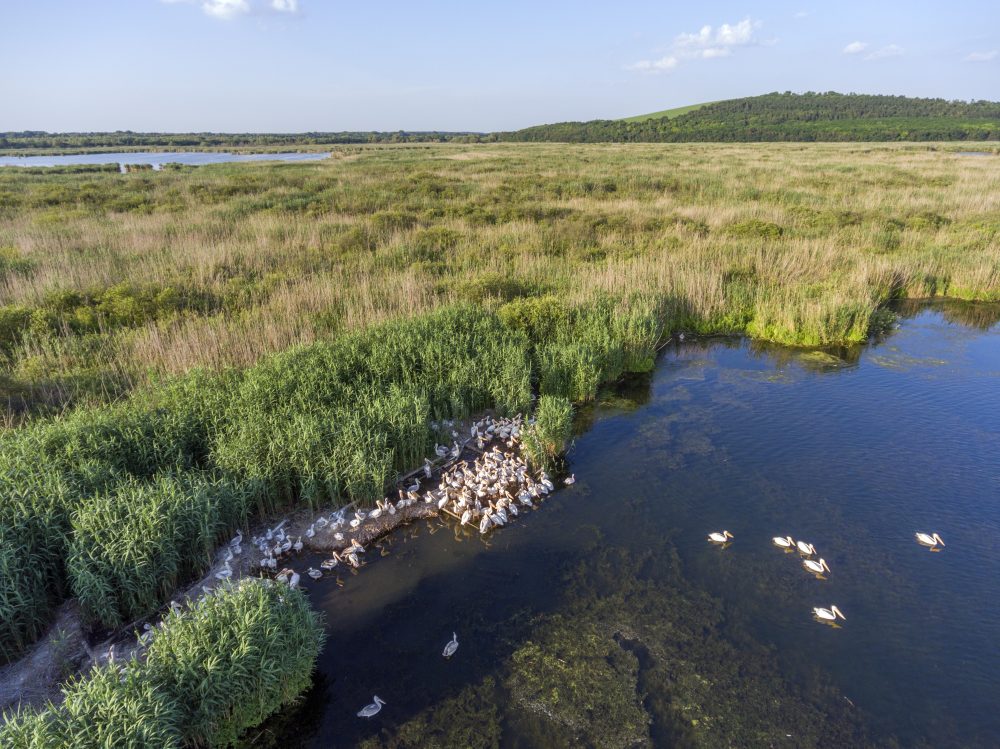Eco-tourism close to wild nature
One of Europe’s most fascinating places for birdwatchers and nature lovers is Bulgaria’s Biosphere Reservation. Situated by the village of Srebarna, about two kilometers south of the Danube River and 16 kilometers west of Silistra, its 600 hectares cover Lake Srebarna and the area around it. It’s renowned for two reasons: its location on the major bird migration route between Europe and Africa, the Via Pontica, and for being a peaceful wetland home to more than 220 bird species, including rare and endangered ones.
The name “Srebarna” is wrapped in stories. Some say it comes from a brave leader named Khan Srebrun, who fought his last battle here. Others tell a tale about a hidden boat full of silver (srebro in Bulgarian), but the most romantic version suggests it comes from the way the lake looks under the moonlight, shining like liquid silver.

Srebarna caught the attention of explorers and scientists as early as 1880, when Edward Hodek described the area as “the home of the migrants.” Over the years, the lake has faced various challenges, but thanks to dedicated conservation efforts, it was officially designated as a protected reserve in 1948 and was proudly added to UNESCO’s World Heritage List in 1983. The reserve is currently a World Heritage Property as designated by UNESCO’s World Heritage Convention and is included on the list of 100 national tourist sites.
Today, visitors can explore the reserve in an eco-friendly way. In its newly refurbished and equipped museum, travelers can see an exhibition of local wildlife and even watch live camera footage of pelicans nesting in the lake. Srebarna is full of wildlife! Along the marked trails, you’ll find both birds and beautiful plant life — the reserve is home to 139 plant species, including rare water lilies and marsh snowdrops.
The floating reed islands are a favorite nesting spot for birds such as pelicans, herons, cormorants, and swans. Especially impressive are the rare glossy ibis, red-breasted goose, and mustached tit. Srebarna is truly a true paradise for birdwatchers!

Not only a beautiful destination, Srebarna is also a great example of responsible tourism. Travelers are welcome, as long as they follow the rules: stick to marked paths and respect the wildlife.
Srebarna Ecoforum, now running or 25 years, is a platform for children and students to express their interest in protecting nature. The program includes many events and projects focusing on a variety of different environmental topics. In addition, the museum holds experiential events such as eco-workshops, painting with natural materials, educational games, and others.
All in all, the Srebarna Biosphere Reserve, already a learning site, has great potential to be used for further environmental education and to become a model of developing alternative tourism, close to wild nature.
